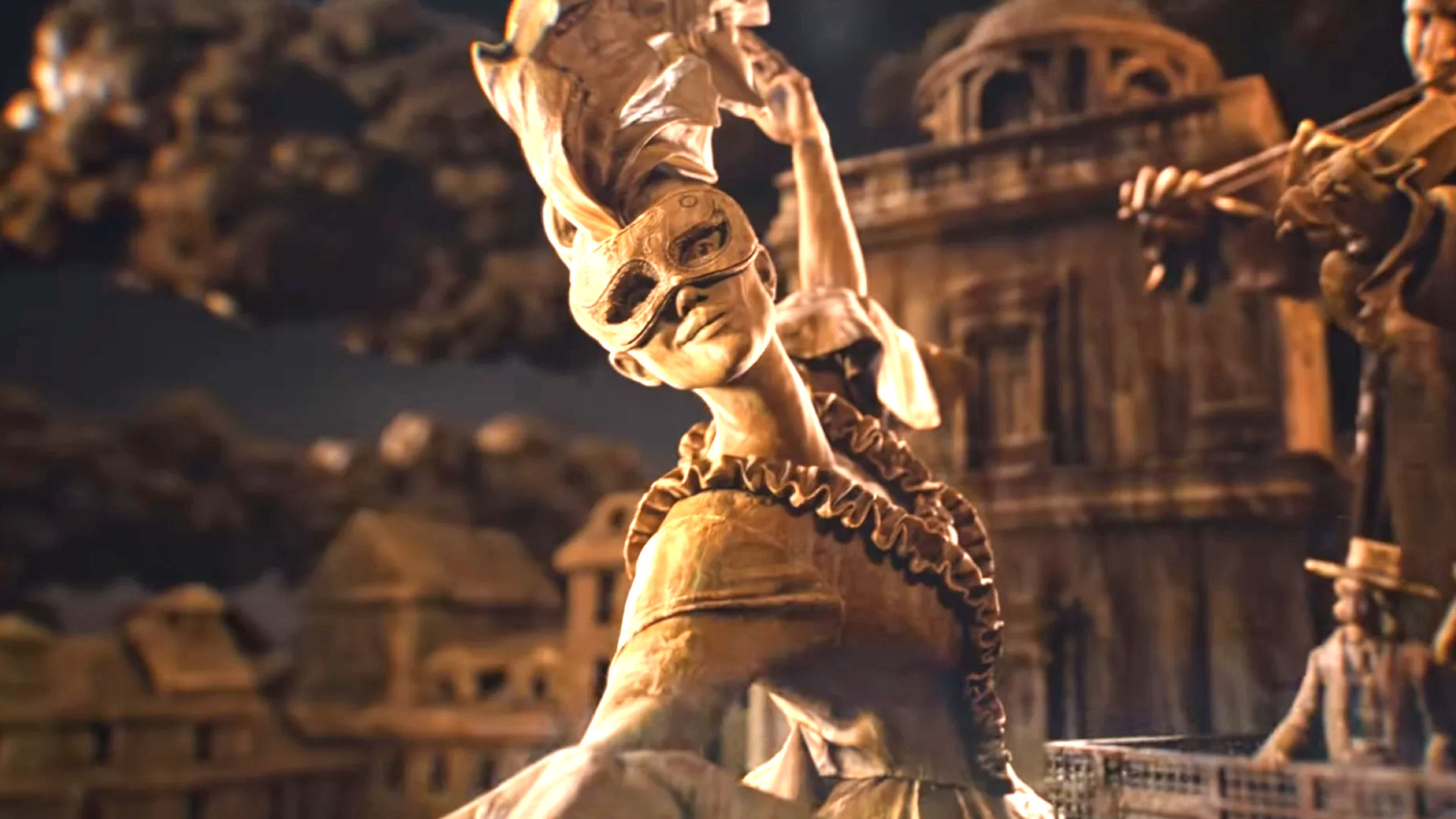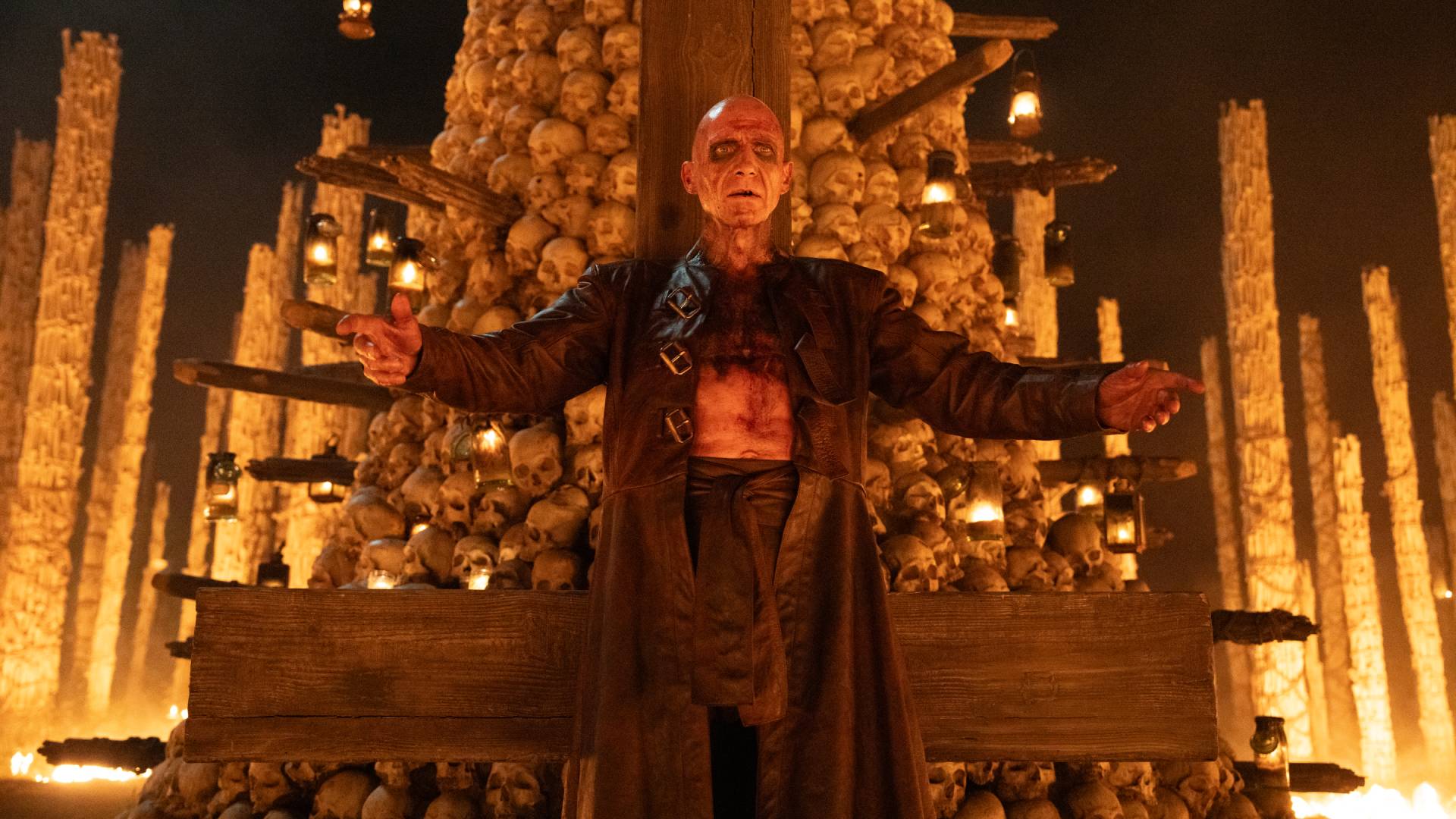Civilization 7's choice of leaders came down to "authenticity and not accuracy" - "The goal is not 'is wrong wrong?' But rather 'Does wrong feel wrong?'"

The developers of Civilization 7 have explained the work that goes into choosing which real-world civilizations get to be included in the game.
Speaking at GDC, narrative designer Finn Taylor explained that while "civilization is a game about building your own history," it's also a game where you have to use "the tools of real history, the real civilizations and leaders that created the world in which we live in today" to do so.
That puts Firaxis in an interesting place, where a desire for "immersive history" means that its version of history needs to "feel authentic to the human experience." The "look, feel, and characters of Civs and leaders has to be believable for the player to buy into the fantasy and begin experimenting with history."
So Rome has to feel like Rome, and Napoleon has to be true to (an idealized version of) himself. At the same time, however, "it's impossible for a Civ to be 1:1 historical in its experience, and it shouldn't be." There are, Taylor explains, several things that get in Firaxis' way when it comes to making those creations, and it means that not everything is going to feel 100% authentic.
The first of those is that there are development limitations - "barriers or restrictions in tech, art design" that stop the devs from making the most accurate version of a specific mechanic possible. There's also, however, "historical limitations" - often missing sources that prevent the team from being able to completely fill in the gaps. For some characters, like Napoleon, there's so much information to draw from that that's only a minor concern, but for non-literary indigenous Civs, that can be much more difficult.
Other Civs lasted for such a long time that it's almost impossible to accurately capture them in their entirety. "Take Egypt, for example," Taylor says: "For which we have to capture thousands of years of history into one single Civ."
Finally, "there are modern sensibilities to keep in mind. The historical vocabulary used by a leader while they were alive might come across as offensive today." Elsewhere, there are several topics that aren't suitable for Civ's genre and tone, let alone age ratings. "For instance," Taylor outlines, "slavery is not a mechanic in Civ."
Weekly digests, tales from the communities you love, and more
One Firaxis has wrestled with all of that, there's still one factor at play: "Civ is a game, and it has to be fun. In that regard, history and Civs always serve the gameplay. There's a constant negotiation between history and historically-informed fiction. The big question is always, where do we draw a line? Whatever fictions emerge, they still need to abide within the boundary of a Civ or leader we are dealing with. And that's why I use the word authenticity and not accuracy. The goal is not 'is wrong wrong?' But rather 'Does wrong feel wrong?'"
For a deeper dive on the latest 4K offering, check out our Civilization 7 review.

I'm GamesRadar's Managing Editor for news, shaping the news strategy across the team. I started my journalistic career while getting my degree in English Literature at the University of Warwick, where I also worked as Games Editor on the student newspaper, The Boar. Since then, I've run the news sections at PCGamesN and Kotaku UK, and also regularly contributed to PC Gamer. As you might be able to tell, PC is my platform of choice, so you can regularly find me playing League of Legends or Steam's latest indie hit.
You must confirm your public display name before commenting
Please logout and then login again, you will then be prompted to enter your display name.


